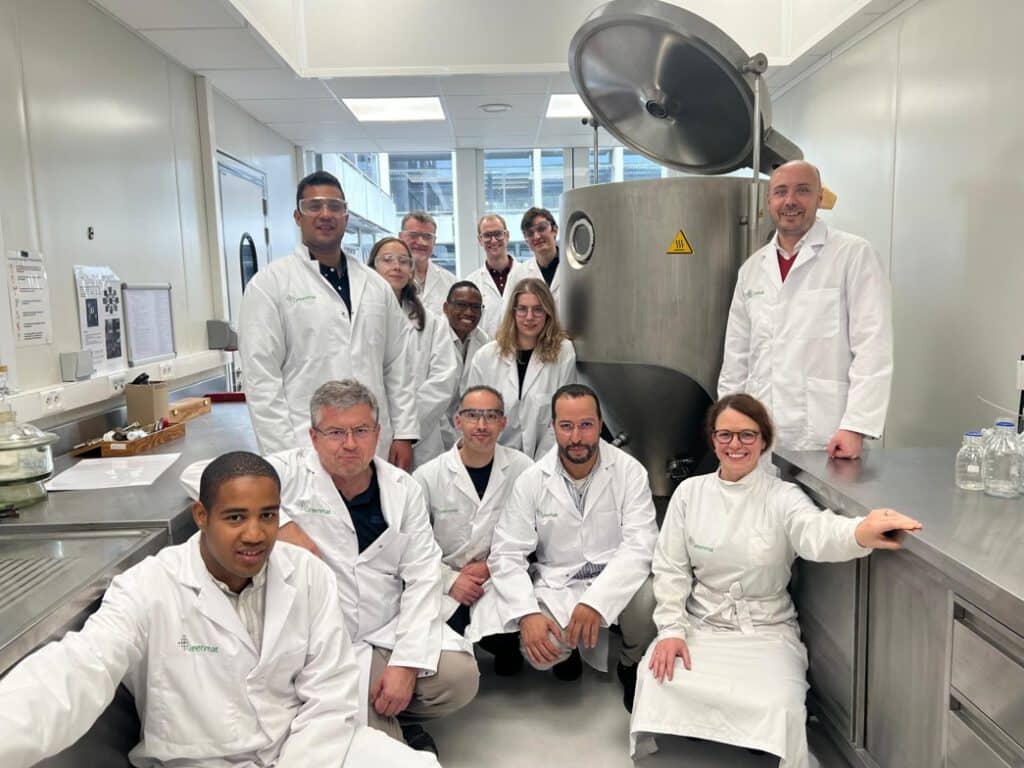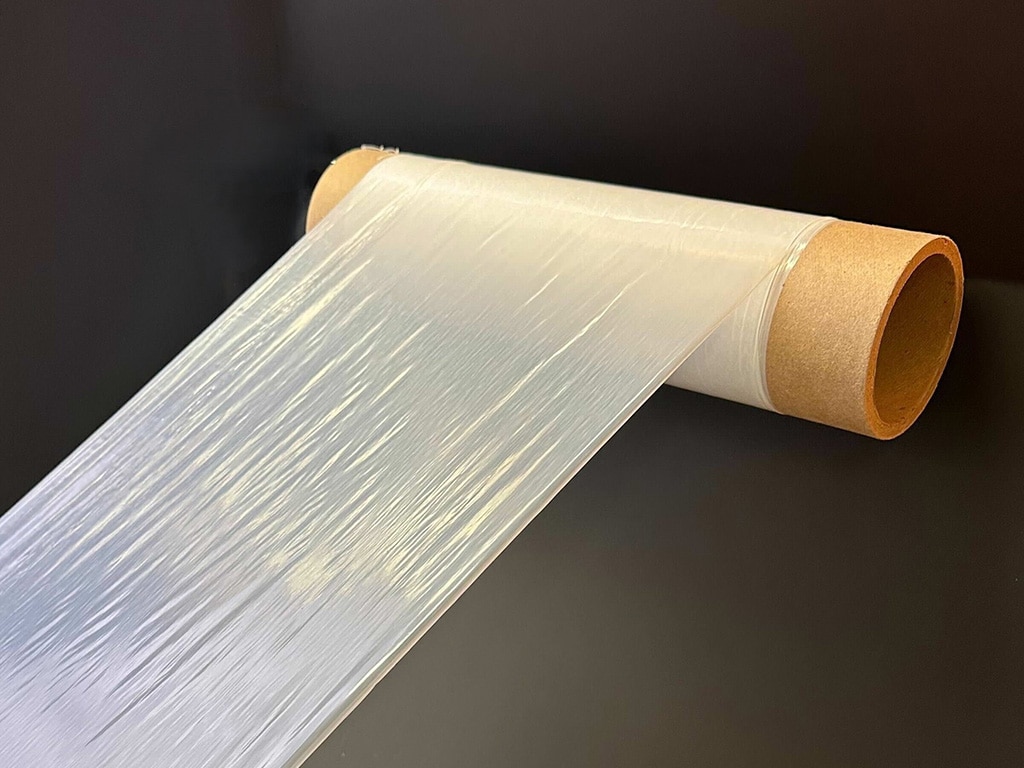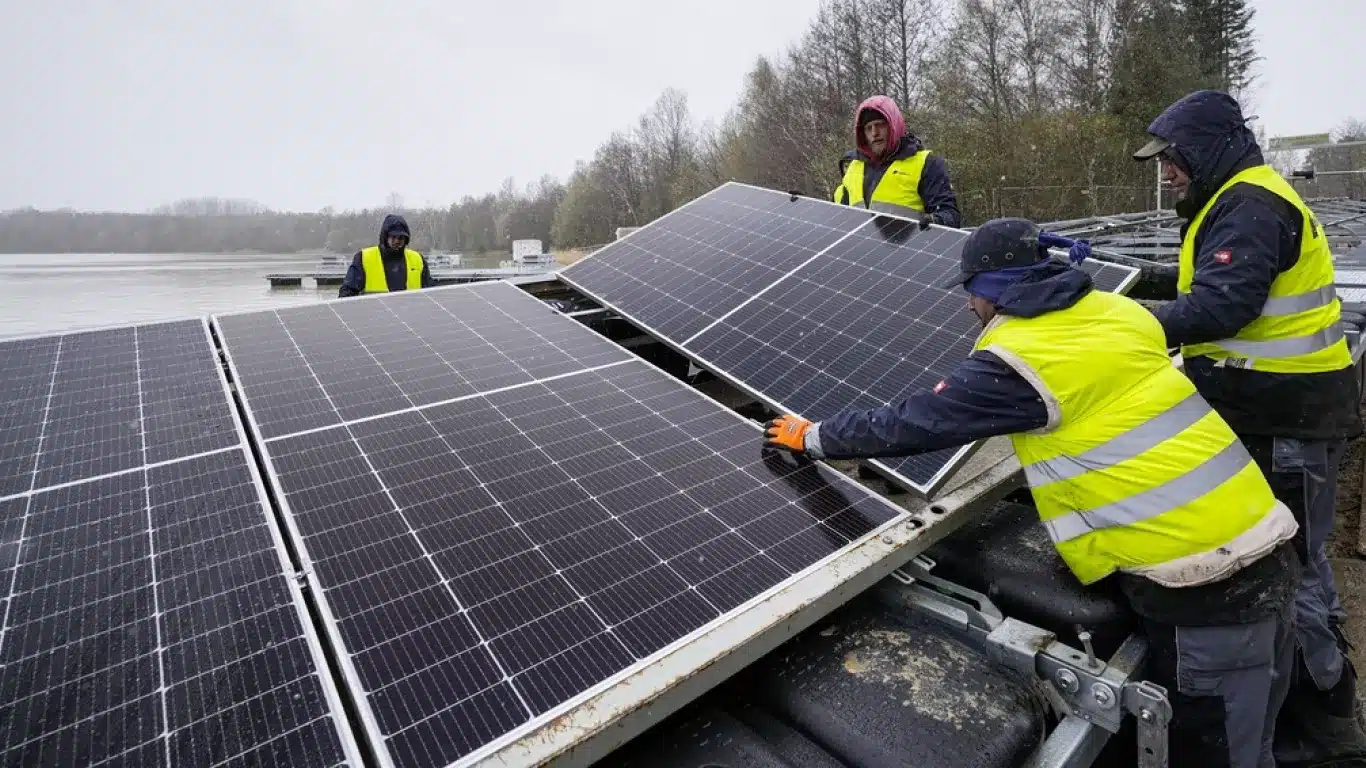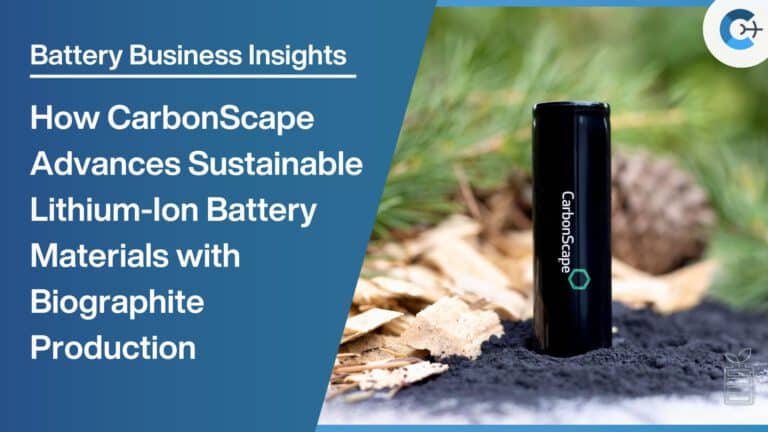The increasing global demand for energy, particularly driven by the growth in electromobility and renewable energy sources, has intensified the need for more powerful and sustainable energy storage systems. Lithium-ion batteries (LIBs) are central to this advancement, yet their development faces challenges such as limited resource availability, environmental concerns, and technical constraints associated with current materials. Reliance on critical raw materials like natural graphite and cobalt not only presents supply risks but also raises ethical and ecological issues. Additionally, traditional carbon-based anodes are nearing their performance limits, necessitating the exploration of new material concepts to meet escalating energy storage requirements.
Addressing these challenges, the Austrian Institute of Technology (AIT) leads the MoSiLIB project, which focuses on developing an innovative composite anode composed of silicon and tin sulfide (SnS₂). The project aims to mitigate the drawbacks of existing anode materials, decrease the dependence on critical raw materials, and significantly enhance battery performance and cycle stability. A notable aspect of MoSiLIB is the utilization of high-purity silicon recycled from decommissioned solar modules, thereby promoting resource conservation and sustainability.
The chemical interaction between SnS₂ and silicon in the composite results in the formation of Si/Li₂S and Sn/Li₂S heterostructures. These structures help buffer the volume expansion of anode particles and minimize agglomeration during charging cycles, which in turn extends the battery’s lifespan. This makes the composite anode particularly suitable for generation 3b LIBs equipped with lithium nickel manganese oxide (LNMO) cathodes. Furthermore, the project employs environmentally friendly, water-based processing methods and scales the technology to a semi-industrial level to ensure its feasibility and industrial applicability.
MoSiLIB’s primary objective is to develop a Si (graphite)-SnS₂ composite anode that achieves a reversible capacity of 800 mAh/g over more than 1,000 cycles. The project utilizes a novel material processing technique that combines spray drying with high-energy ball milling. The resulting anode materials are being tested in full high-voltage cells paired with LNMO cathodes. Complementing the experimental research, multi-scale modeling is used to optimize anode performance and understand aging mechanisms comprehensively. Additionally, the project focuses on scaling synthesis processes and water-based electrode production to ensure sustainable and cost-effective manufacturing. Extensive testing in coin and pouch cells, including multilayer pouch cells, is being conducted to validate the long-term performance and scalability of the newly developed anode materials.
AIT plays a pivotal role in the MoSiLIB project by managing and coordinating the research efforts. The institute is responsible for conducting electrochemical investigations of the SnS₂ anodes and LNMO cathodes to evaluate their performance and long-term stability under realistic operating conditions. Additionally, AIT is involved in developing and optimizing electrode processing methods at a pilot scale, utilizing state-of-the-art pilot plants to enhance the scalability and sustainability of the production processes for silicon-tin sulfide composite anodes.
The MoSiLIB project is a collaborative effort involving the Austrian Institute of Technology, Universität Wien, AVL List GmbH, Frimeco Produktions GmbH, Université de Liège / Greenmat, and Universität Ljubljana. The initiative is funded by the Austrian Research Promotion Agency (FFG).
Source: AIT News
















